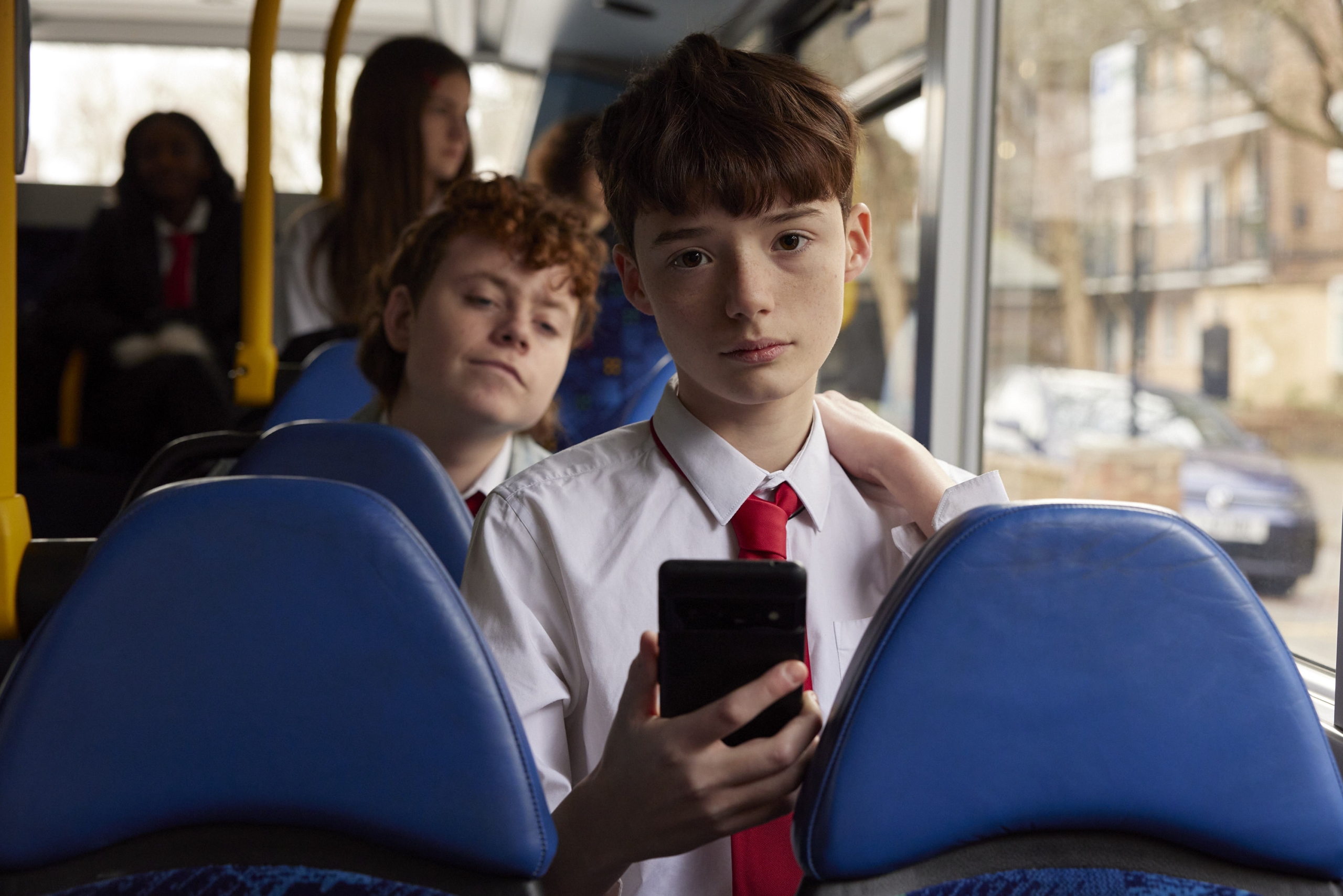With general elections in countries such as the UK and the US this year, encouraging young people to vote has never been more important – or harder to achieve. While there are no silver bullets, here are some ways that parents can support and nudge their teens and 20-somethings to the ballot boxes.
Political disengagement among the youngest British voters is not a new phenomenon. A 2022 parliamentary report found that 60% of 18-25-year-olds thought politicians ‘don’t care’, while 76% did not feel heard by their elected officials. A 2023 Electoral Commission report showed that millions are missing from Britain’s electoral registers, with younger people – alongside renters and people from ethnic minorities – the least likely to be registered correctly.
Young people not voting – and their disillusionment with party politics in general – isn’t, unsurprisingly, a uniquely British problem.
Over in the US – which will also have a general election in 2024 – a recent poll from Harvard University’s Institute of Politics found that only 49% of people under 30 “definitely” plan to vote, down from 57% in 2020. And when the Body Shop conducted a global survey with the United Nations, it found that 76% of people under the age of 30 did not feel heard by their elected officials.
This apparent disengagement with elections doesn’t necessarily mean that Gen Z don’t care about politics in general. Research suggests an impressive 70% of them are involved in a social or political cause.
While parents naturally can’t single-handedly restore their offspring’s faith in politicians and elections, they can nudge them into rethinking their attitudes towards electoral politics with the help of the following resources. After all, young people almost always want to have their say and democratic politics is supposed to be about empowering everyone to do exactly that.
Teaching your kids to question what they see online, on TV and in the papers
On Safer Internet Day, we give parents tips on how to protect kids against dodgy TikTok videos, Facebook conspiracy theories, fake news and unreliable social media influencers.
Cause and effect
If your child is already engaged with a political or social cause, then that could be one way to draw them in further into the political process, as voting is one way of furthering the aims of their passion project.
“Democracy is more than just a moment at the ballot box. It is about long-term, lived engagement as active citizens in our communities,” says Sherine Krause, Interim Executive Director of the Young Citizens, a national charity aiming to empower the next generation with the skills, knowledge and confidence to engage in society.
“Does your child have a local issue that makes them sad or mad? One way they can make a difference, long before they become eligible to vote, is by launching their own social action project and engaging others in the issue.
“At Young Citizens, we have toolkits to help them lead a project with the support of a teacher and school friends. Organisations such as the #iwill movement also have resources to help them do this. Most importantly, all these resources focus on projects being youth-led.”
Body image and social media: How to talk to your teenager
Influencers and charities are tackling unrealistic standards of beauty head-on, as teenagers grapple with impossible expectations, often to the detriment of their mental health.
Social democrats
Last year, Taylor Swift took to Instagram, urging the Americans among her 232 million followers to register to vote. In the aftermath, the Vote.org website averaged 13,000 users every half hour. If you don’t have a superstar on speed-dial, you can still leverage the power of social media to engage your teen in the UK elections.
The MP with the biggest TikTok following, by quite some stretch, is Zarah Sultana, Labour MP for Coventry South, who has amassed 444k followers, many of them surprisingly young. On the other side of the chamber, Dr Luke Evans, Conservative MP for Bosworth, is also active on the platform, with 47.7k followers.
With the personal touch that TikTok affords, your voting-shy youngster may overcome the cynical view that all politicians are ‘the same’ and not worth bothering with.
The practicalities of your first vote
Voting for the very first time can be daunting. Democracy Classroom is an online project, born from a collaboration between non-partisan democracy, education and youth organisations, designed to support young people to engage in elections.
How to talk to your teenage sons about online toxicity
If you’re a parent struggling to talk to your adolescent or preteen about the worrying internet content they’re consuming, these tips from a clinical psychologist could help.
Since the 2017 general election, Democracy Classroom has been pooling resources, training and support to help young people to cast a meaningful vote. Their ‘explainers’ are a vital first port of call if you want to get your head round the parliamentary process, voter registration, what the different parties stand for and more.
Practice run
Our Generation. Our Vote is a political literacy education programme. This highly interactive project shares resources, workshops, events, and youth-friendly manifestos in the lead up to the general election, it will also culminate in a mass-scale ballot specifically for people under the age of 18, giving them the chance to cast a vote for parliamentary candidates in their area, as practice for the real deal.
Exploring political parties
Your child may also consider joining, or at least exploring, the youth wings of the main parties. “Many political parties offer membership for young people aged 14 and above, and you can register to vote from 16,” says Zara Khan, of the British Youth Council.
There’s The Young Conservatives for budding Tories. Then there’s Young Liberals, doing the same for Lib Dems under the age of 26, Young Greens, representing the youth and student branch of the Green Party, and Labour Students, the student wing of the Labour Party.
Finally, of course, there’s the perennial advice from virtually all parenting experts: practice what you preach by modelling the behaviour you would like to see in your children. In other words: go vote!
Stay up to date with the latest news from Vodafone by following us on LinkedIn and Twitter/X, as well as signing up for News Centre website notifications.
![girl smiling confident voting at electoral college [Adobe Stock] stock photo of a girl smiling while confidently voting at a mock election](https://www.vodafone.co.uk/newscentre/app/uploads/2024/05/girl-smiling-confident-voting-at-electoral-college-Adobe-Stock.jpg)


